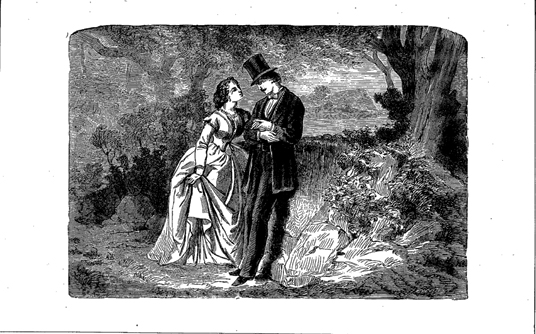 Zola’s Madeleine Férat is dedicated to Édouard Manet. Defying the critical mainstream, Zola accepted Manet’s visual realism and his frank sensualism of Le déjeuner sur l’herbe and Olympia, which Zola defended against adverse criticism. Zola’s...
Zola’s Madeleine Férat is dedicated to Édouard Manet. Defying the critical mainstream, Zola accepted Manet’s visual realism and his frank sensualism of Le déjeuner sur l’herbe and Olympia, which Zola defended against adverse criticism. Zola’s...
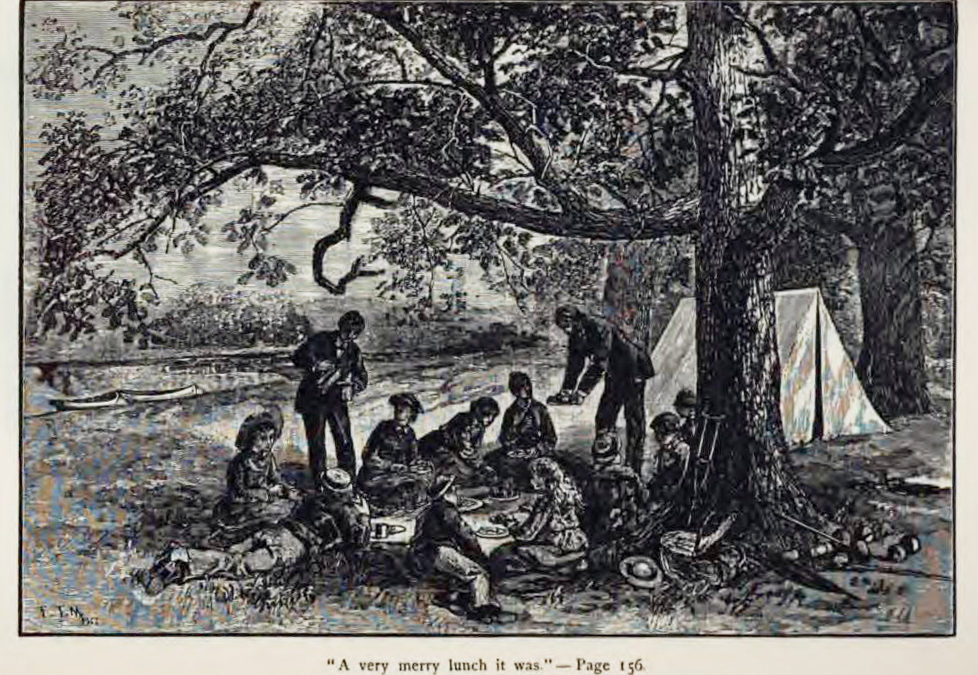 “Sunshine and laughter are good omens for a pleasure party,” Alcott writes in Little Women. And when Laurie writes to Jo to explain his intentions, he promises sunshine and laughter. Dear Jo, What ho! Some English girls and boys are coming to see me...
“Sunshine and laughter are good omens for a pleasure party,” Alcott writes in Little Women. And when Laurie writes to Jo to explain his intentions, he promises sunshine and laughter. Dear Jo, What ho! Some English girls and boys are coming to see me...
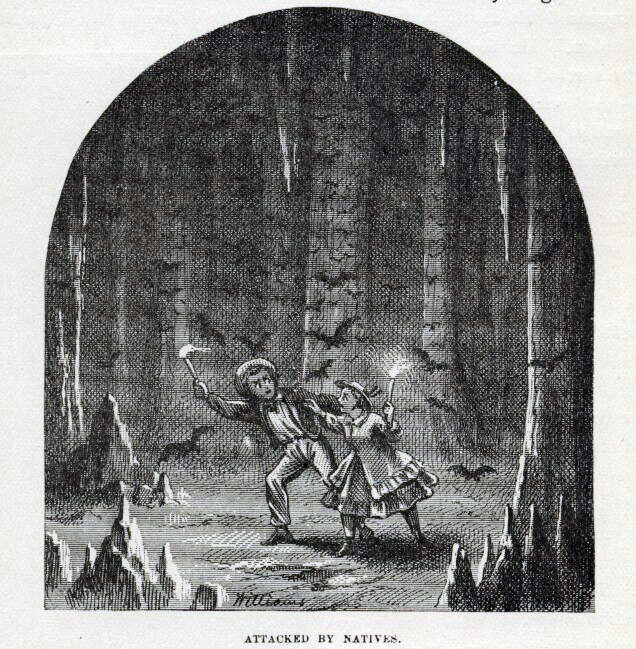 Becky Sharp’s “pic-nic” begins with “a giddy and rollicking company” on an island in the Mississippi. After traveling by old ferryboat three miles below the town of Hannibal, the picnickers “swarmed ashore and soon the forest distances and craggy heights echoed...
Becky Sharp’s “pic-nic” begins with “a giddy and rollicking company” on an island in the Mississippi. After traveling by old ferryboat three miles below the town of Hannibal, the picnickers “swarmed ashore and soon the forest distances and craggy heights echoed...
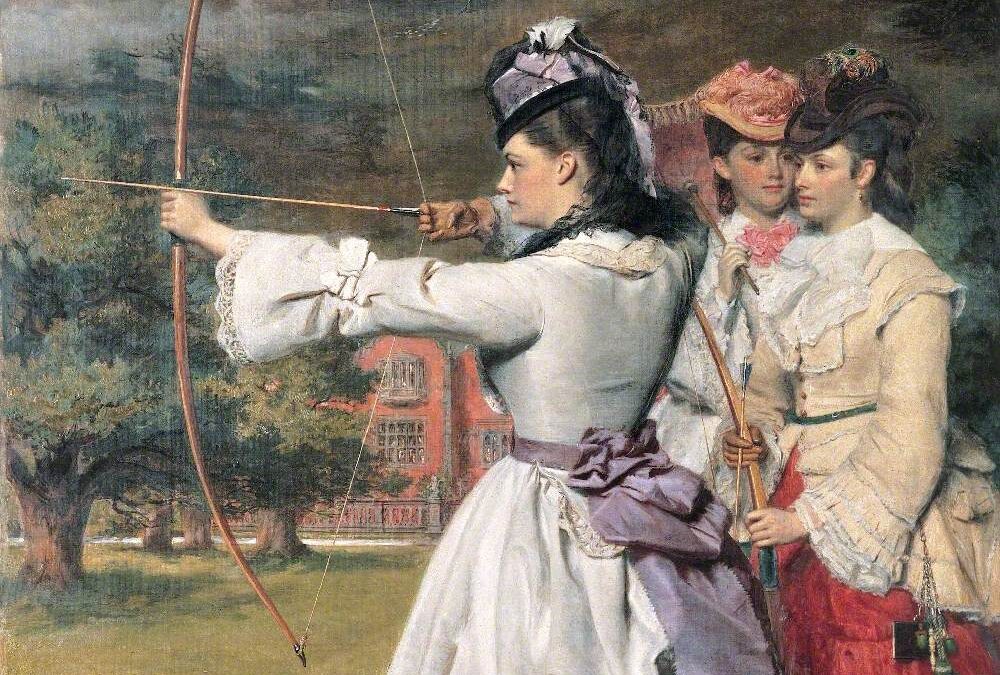 Eliot uses sport to illustrate gender relationships. Daniel Deronda has two archery picnics that do not meet the usual expectations of being joyous. Both archery picnics are metaphors in which Gwendolyn Harleth and the other women archers are contrasted to the goddess...
Eliot uses sport to illustrate gender relationships. Daniel Deronda has two archery picnics that do not meet the usual expectations of being joyous. Both archery picnics are metaphors in which Gwendolyn Harleth and the other women archers are contrasted to the goddess...
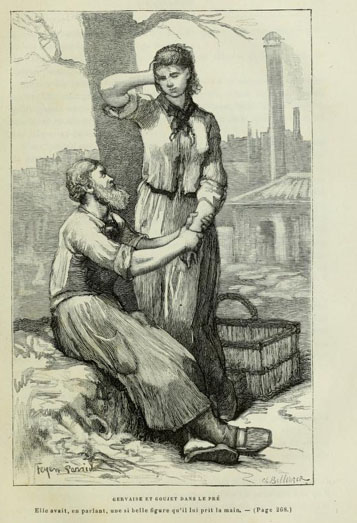 Zola’s pique-nique at the Moulin-d’argent [Silver Windmill] is not a picnic in our contemporary sense. According to French usage, it was a style of dining indoors. When Gervaise Macquart and Coupeau host their wedding party, each guest is expected to pay a...
Zola’s pique-nique at the Moulin-d’argent [Silver Windmill] is not a picnic in our contemporary sense. According to French usage, it was a style of dining indoors. When Gervaise Macquart and Coupeau host their wedding party, each guest is expected to pay a...
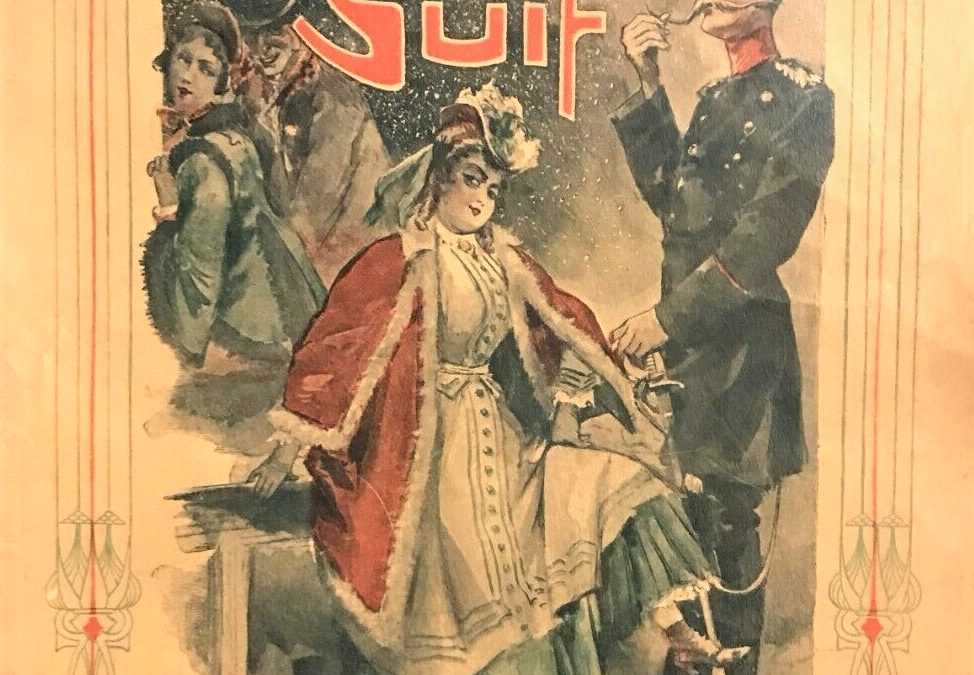 De Maupassant knows that the picnic of this story is not the picnic you expect. Instead of grass, the setting is s a four-horse coach carrying ten passengers fleeing the Prussian army advancing on Rouen for safety at Le Havre. Instead of being congenial, all but one...
De Maupassant knows that the picnic of this story is not the picnic you expect. Instead of grass, the setting is s a four-horse coach carrying ten passengers fleeing the Prussian army advancing on Rouen for safety at Le Havre. Instead of being congenial, all but one...
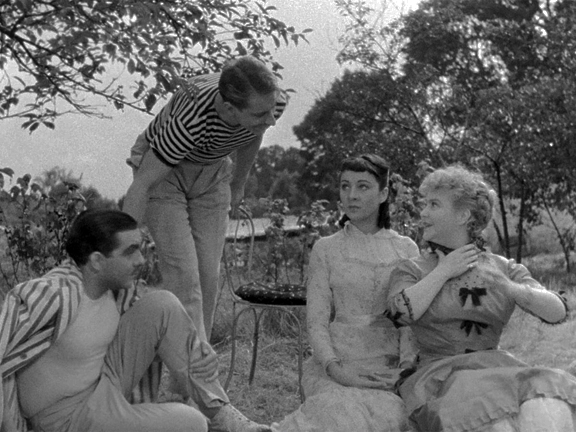 Maupassant uses the phrase une partie de campagne as a euphemism for an outdoor picnic. It’s a sad story about a romantic love that fizzles during a holiday celebrating a birthday, when the Dufours, a middle-class Parisian family, spend a day along the Seine at the...
Maupassant uses the phrase une partie de campagne as a euphemism for an outdoor picnic. It’s a sad story about a romantic love that fizzles during a holiday celebrating a birthday, when the Dufours, a middle-class Parisian family, spend a day along the Seine at the...
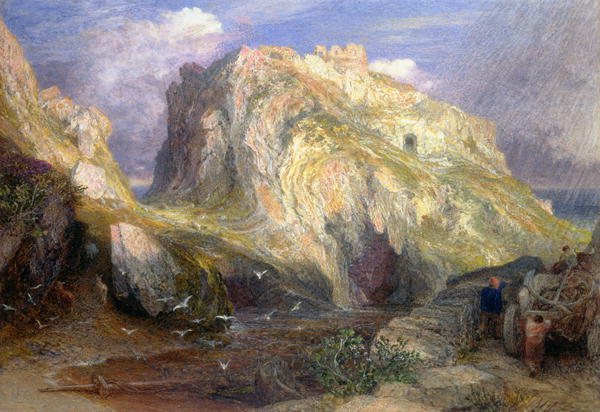 Tintagel Castle and its Arthurian associations have perennial romantic appeal—but Mary Elizabeth Braddon is the first to fictionalize a picnic on the crag, and it’s her addition to Britain’s mythology. With lunch from a local inn, Christabel Courtnay,...
Tintagel Castle and its Arthurian associations have perennial romantic appeal—but Mary Elizabeth Braddon is the first to fictionalize a picnic on the crag, and it’s her addition to Britain’s mythology. With lunch from a local inn, Christabel Courtnay,...
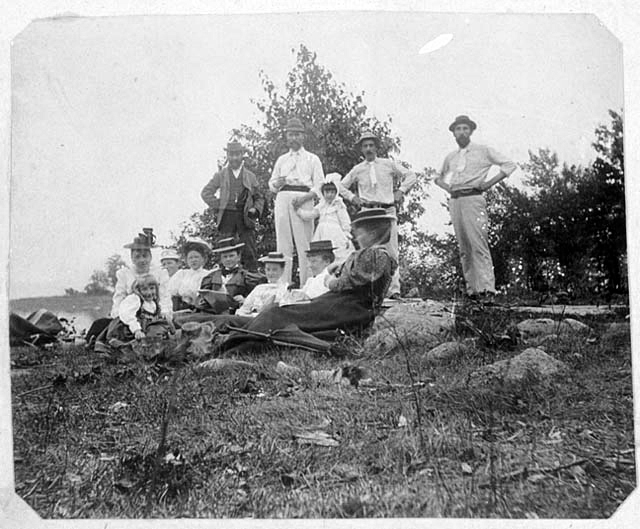 “People do all sorts of things at picnics” is Howells’s paradoxical foreshadowing of a love match that begins on a picnic on the rocky shore of the Bay of Fundy and then goes wrong. Though the picnickers are convivial, they mask their feelings, at...
“People do all sorts of things at picnics” is Howells’s paradoxical foreshadowing of a love match that begins on a picnic on the rocky shore of the Bay of Fundy and then goes wrong. Though the picnickers are convivial, they mask their feelings, at...
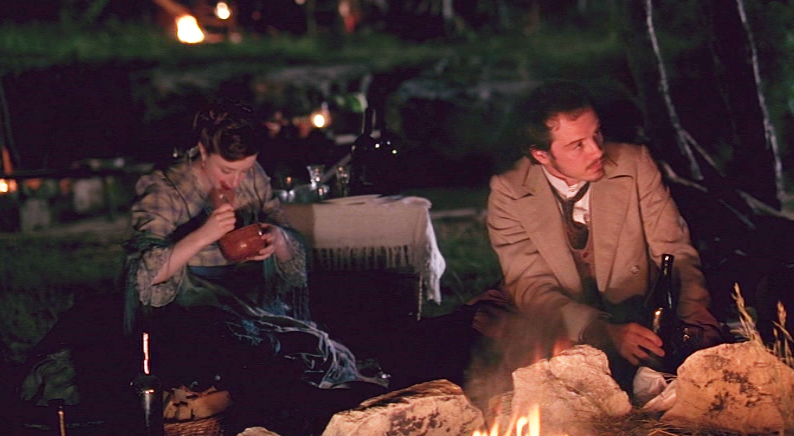 Two people regard the same picnic as if from different worlds. The Deacon, a young clergyman, thinks, “My God, how nice it is! People, rocks, the fire, the twilight, a monstrous tree—nothing more, and yet how fine it is. “Laevsky, a man on the verge of a...
Two people regard the same picnic as if from different worlds. The Deacon, a young clergyman, thinks, “My God, how nice it is! People, rocks, the fire, the twilight, a monstrous tree—nothing more, and yet how fine it is. “Laevsky, a man on the verge of a...











